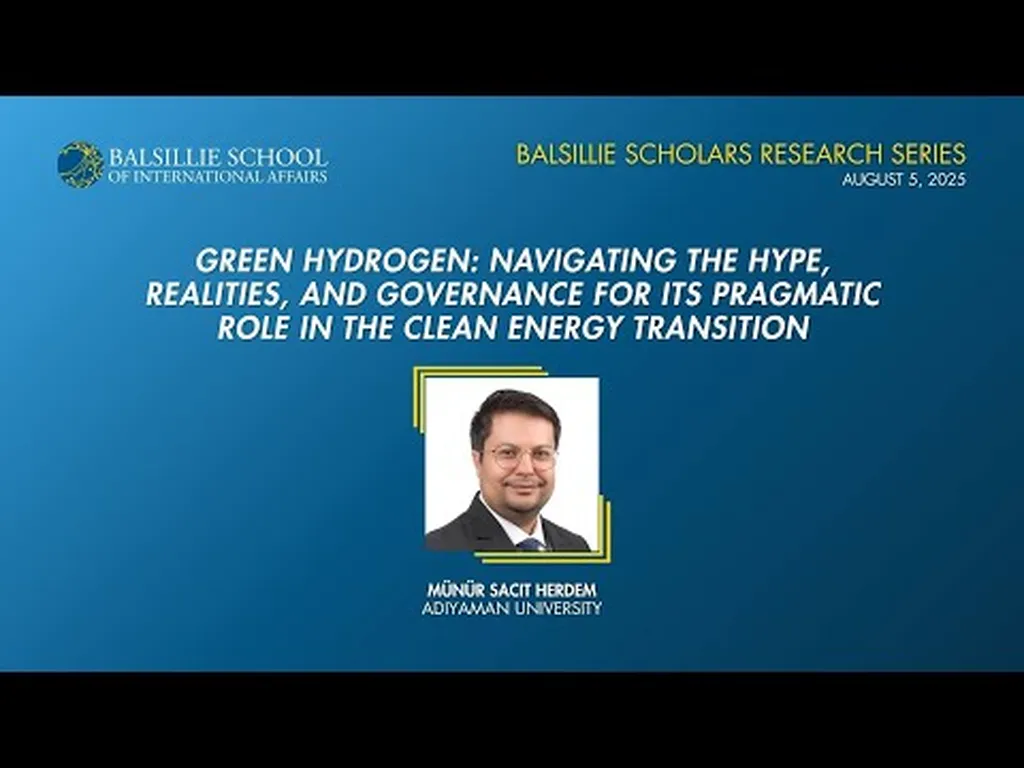In the quest for a decarbonized future, hydrogen has emerged as a promising contender, but its journey from hype to reality is fraught with challenges. A recent study published in *Next Energy* (formerly known as *Next Energy*) and led by Julien Göthel from the Technical University of Freiberg in Germany, offers a critical assessment of hydrogen’s role in the energy transition, shedding light on the technical and economic hurdles that must be overcome for widespread adoption.
Hydrogen’s appeal lies in its versatility and potential to decarbonize hard-to-abate sectors, such as heavy industry and long-distance transport. However, the reality is more complex. “Hydrogen-based systems are often less efficient than direct electrification for many applications due to inherent energy conversion losses,” Göthel explains. This inefficiency, coupled with persistent issues in scalable storage, distribution, and production costs, paints a nuanced picture of hydrogen’s viability.
The study delves into the two primary production pathways: green hydrogen and blue hydrogen. Green hydrogen, produced through electrolysis using renewable energy, is constrained by the high cost of electrolyzers and the sourcing of critical materials like platinum and iridium. On the other hand, blue hydrogen, derived from natural gas with carbon capture and storage (CCS), faces concerns regarding methane leakage and the long-term viability of CCS technologies.
Göthel’s research argues that hydrogen’s most effective application is as a strategic enabler for sectors where electrification is not feasible. This targeted approach could pave the way for a more pragmatic and economically viable hydrogen economy. The study also explores innovative concepts like thermochemical looping with metal oxides and the integration of hydrogen into a circular carbon economy, which could enhance efficiency and economic viability.
The transition to a global hydrogen economy is a complex, multi-decade undertaking. It requires substantial investment and coordinated international policy. As Göthel notes, “The transition necessitates a pragmatic, targeted approach to realize its full potential.” This research underscores the need for a balanced perspective, acknowledging both the promise and the pitfalls of hydrogen as a decarbonization strategy.
For the energy sector, the implications are significant. The findings suggest that while hydrogen has a crucial role to play, its integration must be strategic and well-targeted. This could shape future developments, influencing investment decisions, policy frameworks, and technological innovations. As the world navigates the complexities of the energy transition, Göthel’s research serves as a timely reminder of the need for a measured and pragmatic approach.

